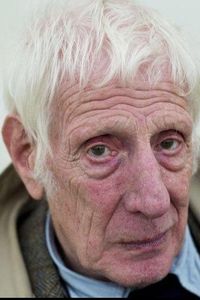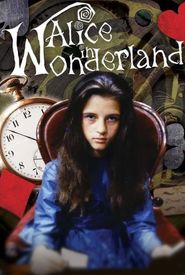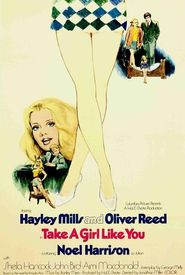Jonathan Miller, a renowned producer and writer, embarked on his life's journey on July 21, 1934, in the vibrant city of London, England, United Kingdom. With a long-standing career spanning multiple decades, he left an indelible mark on the entertainment industry, with his work featured in a variety of productions, including the 1986 opera "Cosi Fan Tutte", the 1964 television series "NET Playhouse", and the 1965 television series "Sunday Night".
Throughout his life, Jonathan Miller was blessed with the love and companionship of his wife, Helen Rachel Collet. Together, they shared countless moments of joy, laughter, and adventure.
Sadly, Jonathan Miller's remarkable life came to a close on November 27, 2019, in his beloved hometown of London, England, United Kingdom. His passing left a void in the hearts of those who knew and admired him, but his legacy will continue to inspire and entertain generations to come.






































